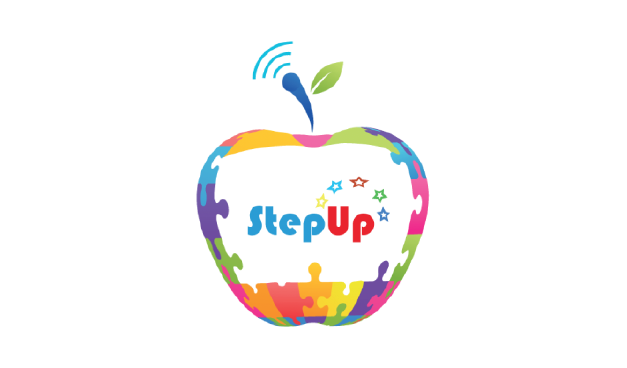Get Full Access to Lumos StepUp - Grade 6 Language Arts Literacy
Currently, you have limited access to Lumos StepUp - Grade 6 Language Arts Literacy. The Full Program includes,
Buy Practice Resources
 Online Program
Online Program
Reading Task 4
Unlikely Heroes
Heroes come in many forms, shapes and sizes, but would you ever think of worms as heroes? In the 17th century, doctors believed that many illnesses and diseases could be cured by bloodletting, or draining people’s blood. When bloodletting, doctors attached blood-sucking worms known as leeches to the bodies of their patients to drain out the blood. Both the doctors and the patients liked the fact that doctors were able to control how much blood was sucked by the leeches and that they didn’t need to cut open their patients with knives. Also, leeches were easily found in ponds and streams all over Europe. By the early 1800’s, London hospitals used approximately 7 million leeches per year to treat almost everything from headaches and mental illness to obesity.
In modern medicine, bloodletting is no longer practiced, but doctors still understand the benefits of using leeches in many medical procedures. For example, surgeons will often use leeches to drain extra blood after reattaching body parts that have been cut off. This procedure is almost pain-free because leeches have an anesthetic in their saliva. Leeches have also been used as blood thinners to reduce the blood accumulation in body tissues after plastic surgery. In 2004, Douglas Cephora, a surgeon at the University of Michigan, stated in a USA Today news report that he treats about three patients a year with leeches after reconstructing faces or mouths destroyed by cancer. Leeches used in surgical procedures cannot be reapplied and are disposed of like hypodermic needles. Proper disposal of used leeches helps prevent the spread of diseases such as AIDS, which is carried in the bloodstream.
Scientists are currently studying other chemicals in leech saliva because they think these chemicals can be used to make life-saving drugs. However, to conduct the necessary research, scientists need huge amounts of leech saliva. Breeding leeches has become one way scientists are able to obtain the massive amounts of leeches needed for medical purposes. Today, the British company, BioPharm, provides thousands of leeches each year to hospitals in countries around the world.
Although many people have fears and may even squirm at the thought of being treated by blood-sucking leeches, they understand the value of medical leeches and they know that leeches have been used throughout history to save human lives.
According to the passage, why do scientists need huge amounts of leech saliva?


